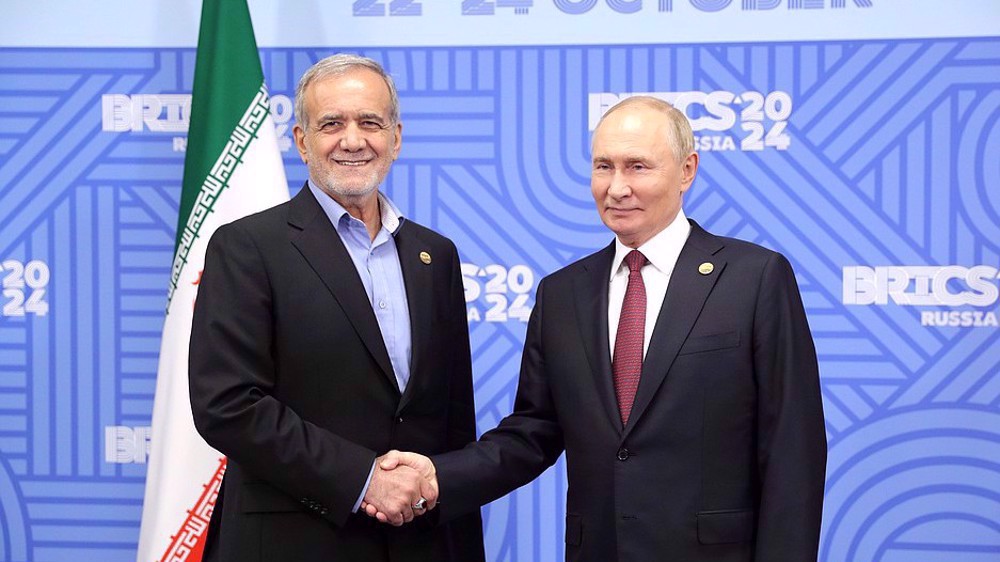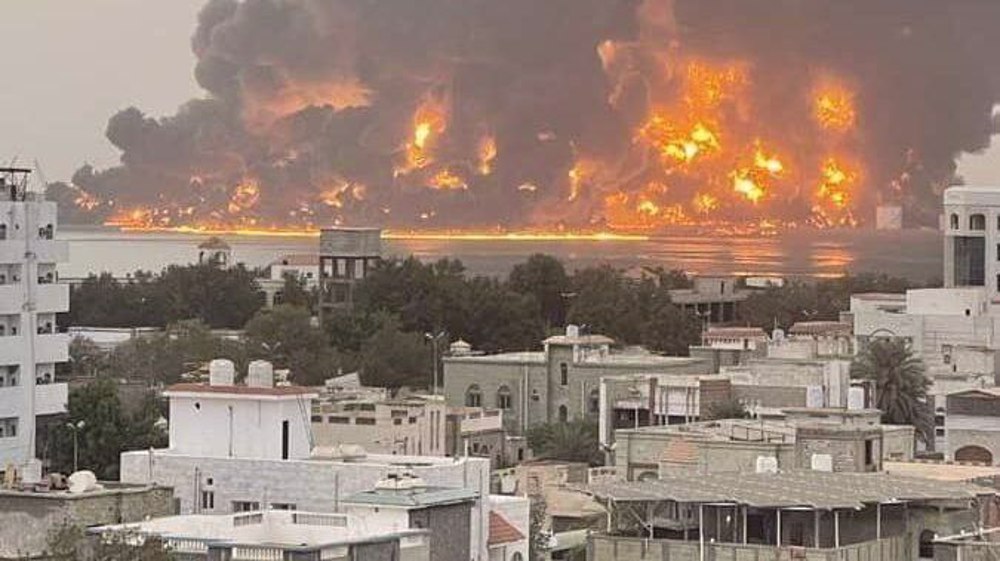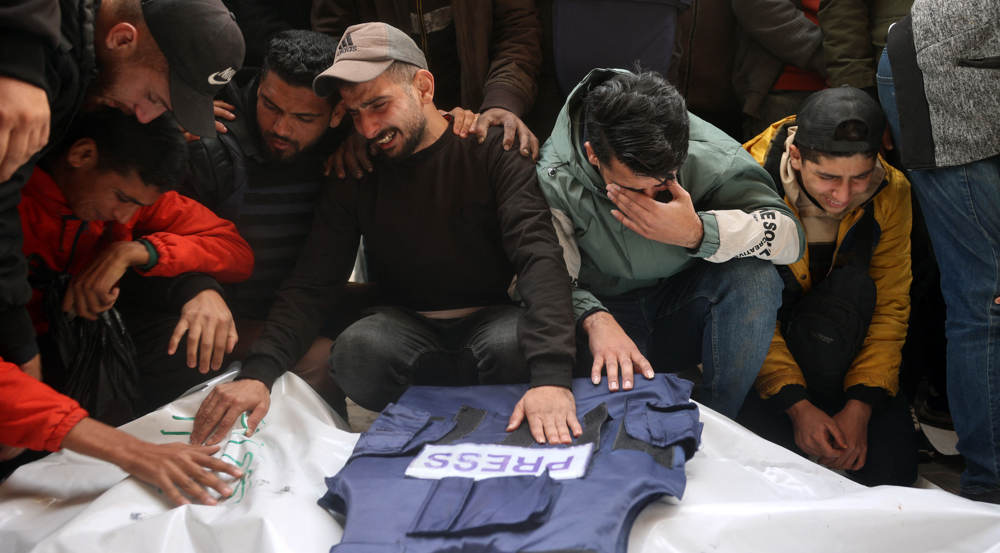US arms deals will fail to make Saudi secure: Iran FM
Iranian Foreign Minister Mohammad Javad Zarif says the recent US arms deal with Saudi Arabia will fail to guarantee lasting security for Saudi Arabia as claimed by the US Department of State.
On his first overseas trip since taking office, US President Donald Trump attended a signing ceremony on May 20 for almost $110 billion worth of military equipment to be conveyed to support Saudi Arabia's military.
"If past performance is an indicator of future success, another $110 billion worth of weapons will neither reduce 'the burden' on the American military nor support 'the long-term security of Saudi Arabia'," Zarif said in an article in the New York Times on Friday.
He added that Saudis provided billions to the former Iraqi dictator Saddam Hussein to arm his war of aggression against Iran in the 1980s, saying, "Look what that bought them and the world."
The $110 billion arms deal signed by Saudi King Salman and Trump on Saturday was a component of $350 billion in economic and military investments between the two countries over the next 10 years, according to US Secretary of State Rex Tillerson.
The US State Department claimed that the package of military equipment and services supports the long-term security of Saudi Arabia and the Persian Gulf region in the face of the alleged Iranian threat, adding that it also bolsters Saudi Arabia's ability to provide for its own security and continue contributing to counterterrorism operations across the region, reducing the burden on US military forces.
The Iranian foreign minister further said in the best-case scenario, the US president is "extorting our Saudi neighbors" and in the worst one, Trump "could be turning the United States into Saudi Arabia’s mercenary in the Middle East."
"Let me be clear: What President Trump called 'lots of beautiful military equipment' won’t drain the swamps in which terrorism and extremist militancy fester. Neither will golden chains or glowing orbs provide a magical solution to the socioeconomic and political challenges that drive radicalization," Zarif pointed out.
He stressed the importance of making a genuine effort to forge inclusive engagement among regional countries based on coexistence and the acceptance of futility of military approaches to regional crises.
He added that the recent crackdown on Shia Muslims in Saudi Arabia and Bahrain indicated that the "region’s despots feel that they’ve been given carte blanche to stamp out peaceful dissent."
Bahraini forces raided the northwestern village of Diraz on Tuesday, clashed with people who had gathered to protect Sheikh Isa Qassim, the spiritual leader of the country’s Shia majority, and killed five of them, and then stormed into his house.
Read more:
The top Iranian diplomat urged responsible leaders in regional and world capitals alike to step up efforts to tackle the momentous challenges at hand in order to avoid the spread of terrorism and militant extremism.
He said at a time that Riyadh spends countless millions to promote fear of Iran to distract from its global export of Wahhabism, Iran has been aiding the victims of extremism in Iraq and Syria.
The Iranian foreign minister added that Iran is actively promoting a political solution to the conflicts in Iraq and Syria by helping to prevent Daesh Takfiri militants from seizing Baghdad and Damascus.
Zarif pointed to the two options that the United States and its allies face and said, "They can continue to lend moral and material support, and encourage the perpetrators to intensify their war efforts, though this has proved futile and only brings more death and destruction and further complicates the path to a lasting solution."
"Or, as Iran has stated from the start, these governments can focus on helping to forge inclusive political solutions with the participation of all the political groups involved."
More pro-Gaza rallies held across Yemen
'Hunger is everywhere in Gaza': UN food agency
Iran dismisses Arab League accusations, says wants stability in Syria
Syria's HTS militants seek ‘peace’ with Israel
VIDEO | Israel violations of ceasefire
Hamas: Israel’s raid on Kamal Adwan Hospital ‘war crime’
VIDEO | TELECOM 2024 brings together ICT firms in Iran
South Korea’s parliament impeaches acting President Han Duck-soo














 This makes it easy to access the Press TV website
This makes it easy to access the Press TV website